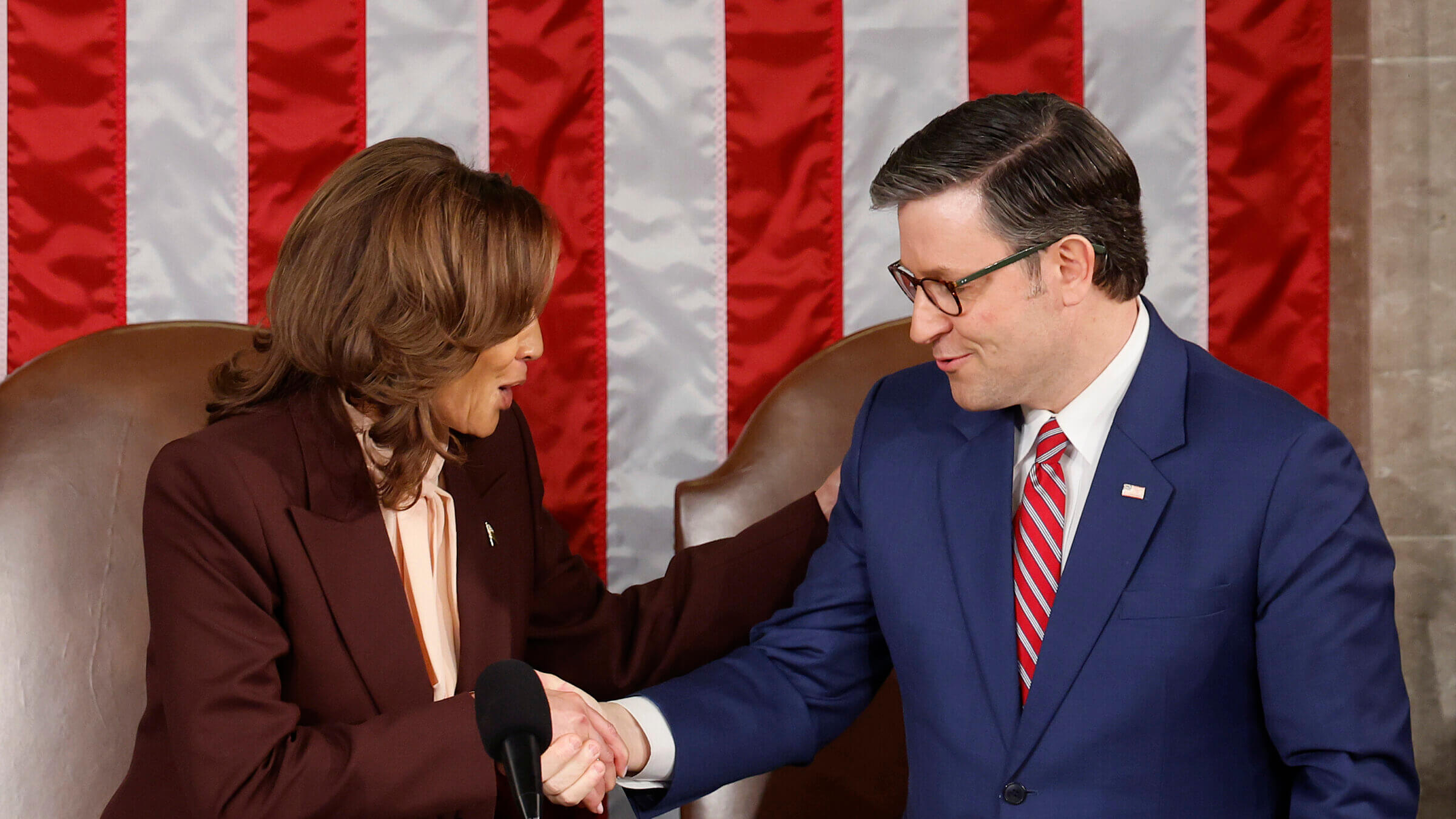After 600 days of war, is it time to retire the phrase ‘tikkun olam’?
As Israeli journalist Ilana Dayan observes, perhaps we can't repair the world — but maybe we can give it a little more air

As Israeli journalist Ilana Dayan observes, perhaps we can't repair the world — but maybe we can give it a little more air

A tariff, which derives from an Arabic word that means 'notification,' is remarkably adjacent to an Aramaic word for 'translation' and 'commentary'

Journalists have settled on a word to describe the Jan. 6 election certification, but is it the right one?

What was Aleksander Lukashenko talking about when he talked about 'whacking' Yevgeny Prigozhin?

Why were Nazis called Nazis? The full name of the party was the Nationalsozialistische Deutsche Arbeiterpartei (National Socialist German Workers’ Party), and you can see in the first word where the “Na” and “zi” come from — just as members of the Social Democratic Party (Sozialdemokratische Partei) were called “Sozis.” But there is a more…

Recently, as Scotland’s independence vote began to loom large in the media, someone asked me if I had ever heard of Scots Yiddish. “I canna say that I have,” I answered, only to be told that there was an entire chapter on the subject in David Daiches’s autobiographical “Two Worlds: An Edinburgh Jewish Childhood.” Scots…

Forward reader Herb Hoffman writes: “I was raised in Brooklyn with the knowledge that spitting three times (or at least making a ritualized spitting movement or sound, which I’ve always rendered as ‘ptu, ptu, ptu’) is an effective way of warding off a kinehore — or ‘canary’ in my native Yinglish. My mother especially used…

Benjamin Lerner writes about an interview he came across in the media with Jan Koum, the rags-to-riches Jewish immigrant from the former Soviet Union who founded WhatsApp and recently sold it to Facebook for a reported $19 billion dollars. Referring to WhatsApp’s emphasis on privacy in its social network, Koum said: “I grew up in…








די ווילנער דאָקטוירים יעקבֿ וויגאָדסקי און צמח שאַבאַד זענען אויך געווען געזעלשאַפֿטלעכע טוער.
100% of profits support our journalism